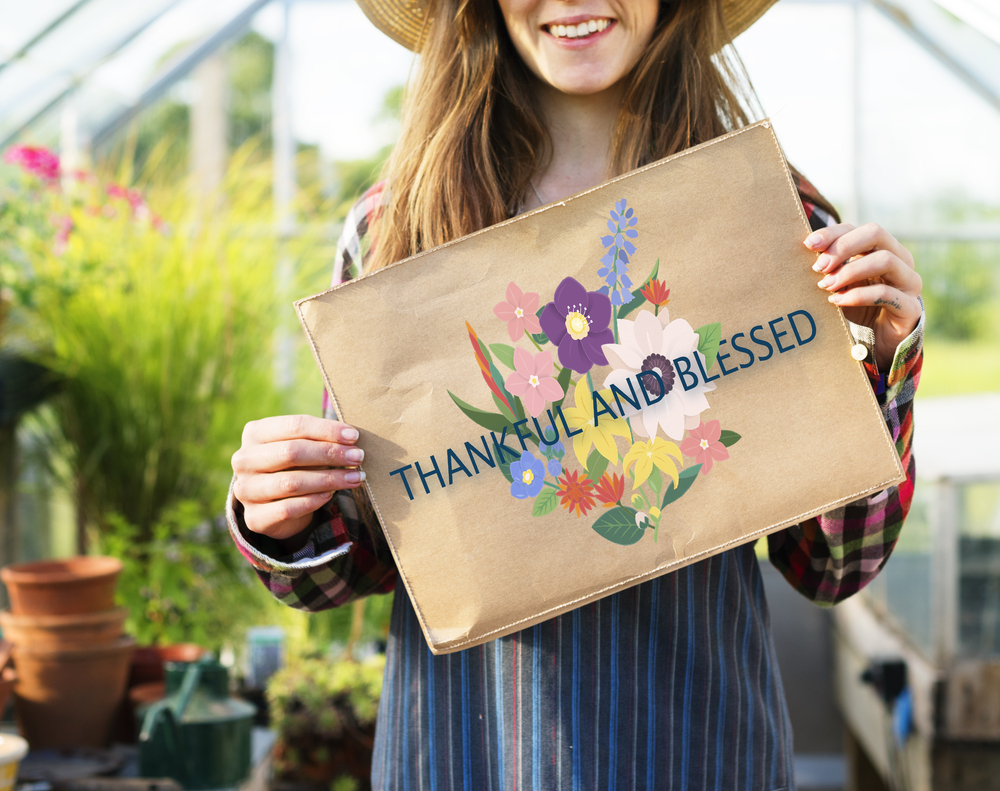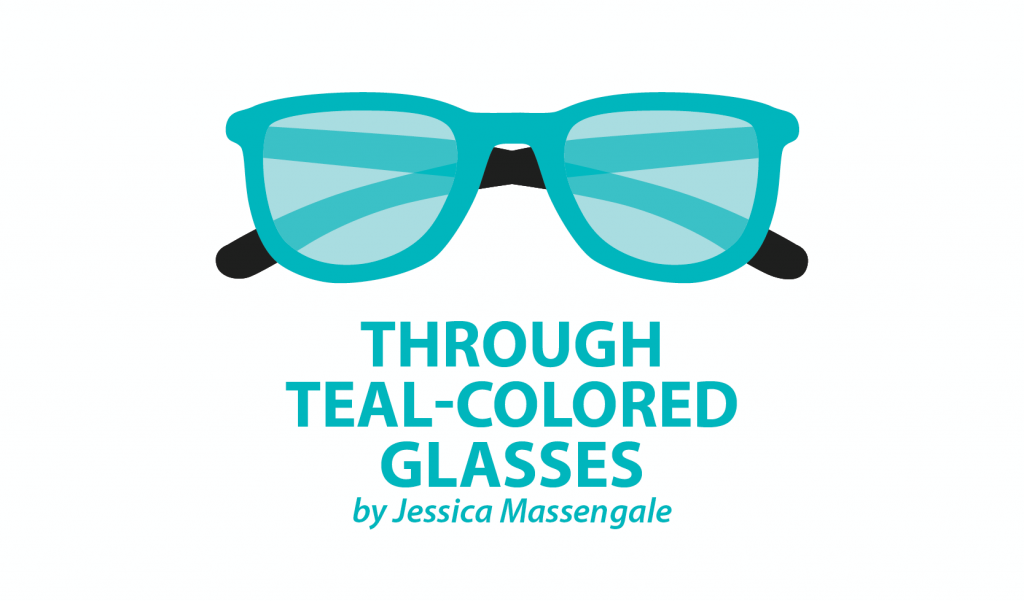What We Can Learn from Our Pain
Written by |

It’s unchallenging for most people to look back on life and instantly recall a singular, traumatic moment when they experienced emotional or physical pain. Whether it’s breaking an arm or losing a loved one, the moment is unforgettable due to the psychological impact. For those with a chronic illness, these moments seemingly happen more often than not. But the pain becomes a teacher, humbling the individual with every fresh wave endured.
Aching, burning, throbbing, and gnawing are words to describe how one’s joints or skin feels with scleroderma. Ulcers feel as though someone is holding up a lighter and burning the affected area at all hours of the day and night. Tight skin feels like your bones and skin have been tightly sewn together, permanently and with no give. Achy joints feel like someone used your body as a punching bag all day long. Once in a while, random lightning bolts of pain shoot through a muscle or joint, unannounced in the night. When the pain hits, I grab a heating pad, take some medication, and read the Bible or watch Netflix.
This is the life we adapt to. It’s soul-crushing in the beginning. Your mind constantly tries to understand what’s going on, as your body is pushed far beyond the limits of what strength you thought you had. You suddenly find yourself pondering the time you had a sore throat before your illness took over, wishing you could go back to something temporary and curable.
As time goes on and we adjust to our new affliction, we learn life lessons previously unforeseen. Pain rents a monthly spot in your mind, kicking out unimportant habits and ways of thinking. It’s always in the background of daily thoughts and actions. It outlines plans for the day and controls what you are and aren’t able to do. Then, a magical moment happens when you start to thrive in this difficult time. Birthday parties, dinners, family reunions, and work all must go on, and so will you.
Some friends and family misunderstand the situation and expect you to do the things you did before your disease. But if they spent five minutes with the aching and gnawing, they would never question it again. On the other hand, some can be very understanding and sympathetic to your situation, which makes life much easier.
Pain can also make you change the way you think because you consume so much energy dealing with it. There’s less room for arguing. There’s less patience for other peoples’ complaints, but more patience for life in general. There’s a greater cherishing of all the really good moments, the moments that beam sunshine warmth into your soul. Sympathy for others going through a struggle increases tenfold. You find yourself wanting to be surrounded only by positive people because negative ones seem to make you hurt more.
It can be brutal at times to see any bright side of this situation. But we have to convince ourselves to keep looking forward. Sulking in circumstances can just increase pain levels. Learning to make pain a catalyst to crack some of life’s codes is a way to bring your mind to a new level of consciousness.
***
Note: Scleroderma News is strictly a news and information website about the disease. It does not provide medical advice, diagnosis, or treatment. This content is not intended to be a substitute for professional medical advice, diagnosis, or treatment. Always seek the advice of your physician or other qualified health provider with any questions you may have regarding a medical condition. Never disregard professional medical advice or delay in seeking it because of something you have read on this website. The opinions expressed in this column are not those of Scleroderma News or its parent company, Bionews Services, and are intended to spark discussion about issues pertaining to scleroderma.







June
This article explains some of the psychological aspects of chronic pain so well. It's so true about only wanting to surround myself with positive people. I was forced into early retirement because of my illness - so my circle of friends changed drastically fast. But I am enjoying the very important task of building a new, smaller circle of friends and am carefully choosing those who are not only positive, but very often are Christians, as I am. I am also enjoying growing in faith and reading the Bible regularly - as is also mentioned above regarding sleepless nights.
Thank you, Jessica, for putting this into words so well. Confirmation that 'We are not alone'.
Erin Moriarty Wade
Beautifully said. I couldn’t agree more. Thanks for sharing this.